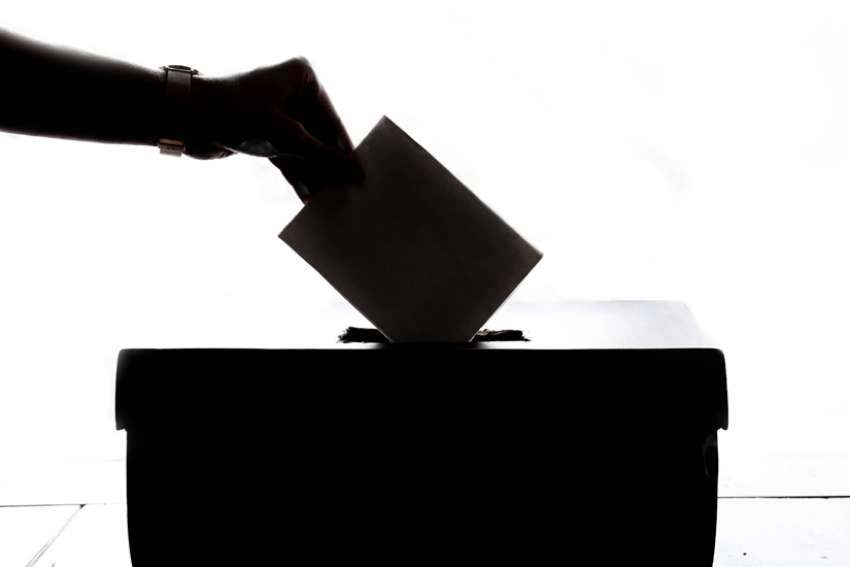The court battles against the law come as protest rallies in Quebec against Bill 21 continue to be held in the province, despite the fact that supporters of Quebec’s law did well in the Oct. 21 federal election. The election result makes it an even murkier proposition that a minority government will challenge the law after the strong electoral showing of the Bloc Quebecois.
Under the law’s regulations, most public workers in Quebec such as teachers and police officers are banned from wearing any religious symbols while on the job.
Montreal’s English-language school board filed its intent to challenge Quebec’s secularism law Oct. 24. It argues Bill 21 contradicts minority language education rights and has a greater impact on women, particularly Muslim women, and thus goes against Charter guarantees of the equality of the sexes.
The new challenge comes as a case backed by the National Council of Canadian Muslims (NCCM) and the Canadian Civil Liberties Association (CCLA) will be back in court at the end of November to appeal a Quebec Superior Court decision to reject their petition to have some provisions in the law suspended.
“We promised Quebecers and Canadians that we would stand up for their rights and we intend to do exactly that,” said NCCM executive director Mustafa Farooq.
The Bloc won 32 seats in the Oct. 21 election and garnered 32.5 per cent of the vote. But the Liberals, the only party during the campaign to suggest a federal government may indeed have a role to play in the debate, won more seats and more votes in Quebec (35 seats and 34.2 per cent of the vote).
Protesters marched again against the law in Montreal on Oct. 27.


